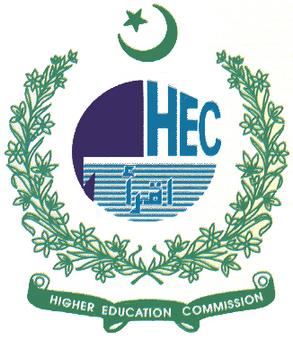The Intellectual Legacy of Hazrat Shah Wali Ullah: Bridging Traditional Islamic Teachings with Economic Reform
Keywords:
Hazrat Shah Wali Ullah, Islamic economic thought, social justice, wealth distribution, Islamic finance, economic ethicsAbstract
This assignment examines the contributions of Hazrat Shah Wali Ullah (1703–1762) to Islamic economic thought and his enduring impact on economic principles within the Muslim world. A distinguished scholar, philosopher, and reformer, Shah Wali Ullah sought to address the economic challenges of his time, particularly during the decline of the Mughal Empire and the onset of colonialism in South Asia. His work aimed to integrate traditional Islamic teachings with the socio-political realities of his era, focusing on issues such as social justice, wealth distribution, and the ethical foundations of economic activity. Shah Wali Ullah emphasized the need for economic justice, advocating for policies that would ensure equitable wealth distribution and safeguard the welfare of the poor. He also stressed the moral responsibility of individuals in economic transactions, urging them to act in accordance with Islamic principles of fairness and honesty.
Central to his economic thought was the role of the state in promoting social welfare and regulating economic practices to prevent exploitation. Key writings such as Hujjatullah al-Baligha and Izalat al-Khafa reflect his deep engagement with Islamic jurisprudence and economic theory, outlining his views on private property, wealth management, and the ethical limits of profit-making. The assignment further explores Shah Wali Ullah's influence on subsequent Islamic scholars and his lasting impact on contemporary Islamic finance, illustrating how his ideas continue to shape ethical economic systems today. Through this analysis, the paper underscores Shah Wali Ullah’s legacy in advocating for a just and moral economic order rooted in Islamic values.









